In the realm of interior design and home remodeling, selecting the right tile for your floors can make a significant difference in both aesthetics and functionality. Among the various options available, ceramic and porcelain tiles are two popular choices that offer durability, versatility, and style. Understanding the differences between ceramic tile and porcelain tile can help you make an informed decision that best suits your needs and preferences. In this comprehensive guide, we will delve into the unique characteristics, pros and cons, and applications of ceramic tile versus porcelain tile to help you choose the ideal flooring option for your project. **1. Composition and Manufacturing Process:** Ceramic tile and porcelain tile are both made from clay materials that are kiln-fired to create durable and beautiful tiles.
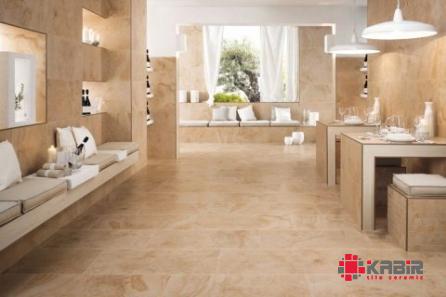
.
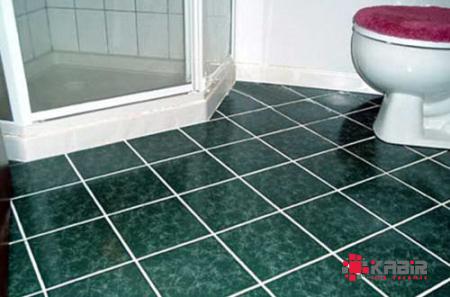 The primary distinction between the two lies in their composition and manufacturing processes. Ceramic tiles are typically made from a mixture of red, white, or brown clay combined with other minerals and water. The clay mixture is shaped into tiles and then fired at lower temperatures, making them less dense compared to porcelain tiles. On the other hand, porcelain tiles are crafted from a more refined clay that is fired at extremely high temperatures, resulting in a denser and less porous tile. Porcelain tiles contain a higher percentage of feldspar minerals, which contribute to their durability and resistance to water absorption. This manufacturing difference makes porcelain tiles tougher and more suitable for high-traffic areas and outdoor applications. **2. Durability and Strength:** When it comes to durability and strength, porcelain tiles have a notable edge over ceramic tiles. Porcelain tiles are harder, denser, and less porous, making them highly resistant to scratches, stains, and moisture penetration. This superior strength makes porcelain tiles an excellent choice for high-traffic areas such as kitchens, bathrooms, and commercial spaces where durability is paramount. Ceramic tiles, while durable in their own right, are more prone to chipping and cracking compared to porcelain tiles. The lower density of ceramic tiles makes them less resilient to heavy impact and wear over time. However, with proper maintenance and care, ceramic tiles can still offer longevity and performance in residential settings with moderate foot traffic.
The primary distinction between the two lies in their composition and manufacturing processes. Ceramic tiles are typically made from a mixture of red, white, or brown clay combined with other minerals and water. The clay mixture is shaped into tiles and then fired at lower temperatures, making them less dense compared to porcelain tiles. On the other hand, porcelain tiles are crafted from a more refined clay that is fired at extremely high temperatures, resulting in a denser and less porous tile. Porcelain tiles contain a higher percentage of feldspar minerals, which contribute to their durability and resistance to water absorption. This manufacturing difference makes porcelain tiles tougher and more suitable for high-traffic areas and outdoor applications. **2. Durability and Strength:** When it comes to durability and strength, porcelain tiles have a notable edge over ceramic tiles. Porcelain tiles are harder, denser, and less porous, making them highly resistant to scratches, stains, and moisture penetration. This superior strength makes porcelain tiles an excellent choice for high-traffic areas such as kitchens, bathrooms, and commercial spaces where durability is paramount. Ceramic tiles, while durable in their own right, are more prone to chipping and cracking compared to porcelain tiles. The lower density of ceramic tiles makes them less resilient to heavy impact and wear over time. However, with proper maintenance and care, ceramic tiles can still offer longevity and performance in residential settings with moderate foot traffic.
..
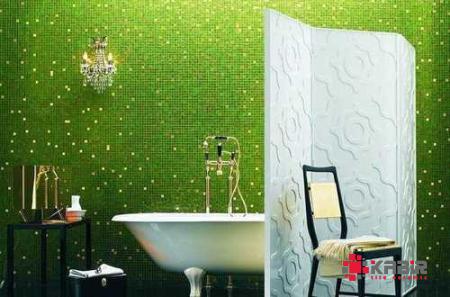 **3. Water Resistance and Absorption Rate:** One of the critical factors to consider when choosing between ceramic and porcelain tiles is their water resistance and absorption rate. Porcelain tiles have a significantly lower water absorption rate (typically 0.5% or less) than ceramic tiles, which can absorb up to 3% water. This difference in absorption rate makes porcelain tiles inherently more waterproof and suitable for areas exposed to moisture, such as bathrooms, kitchens, and outdoor spaces. Due to their higher water absorption rate, ceramic tiles are more vulnerable to water damage and staining over time, especially in humid environments. It is essential to seal ceramic tiles regularly to enhance their water resistance and protect them from moisture-related issues. In contrast, porcelain tiles are naturally resistant to water penetration, making them an ideal choice for areas prone to spills and high humidity levels. **4. Maintenance and Cleaning:** Both ceramic and porcelain tiles are relatively easy to maintain and clean, thanks to their non-porous surfaces that resist dirt, stains, and bacteria. Regular sweeping and mopping with a mild detergent are usually sufficient to keep ceramic and porcelain tiles looking pristine. However, there are some differences in maintenance requirements between the two types of tiles. Porcelain tiles, being denser and less absorbent, are inherently more stain-resistant and easier to clean than ceramic tiles. Their smoother surface makes it harder for dirt and grime to adhere, requiring less effort to maintain their appearance. On the other hand, ceramic tiles may require more frequent cleaning and sealing to prevent staining and discoloration due to their higher porosity.
**3. Water Resistance and Absorption Rate:** One of the critical factors to consider when choosing between ceramic and porcelain tiles is their water resistance and absorption rate. Porcelain tiles have a significantly lower water absorption rate (typically 0.5% or less) than ceramic tiles, which can absorb up to 3% water. This difference in absorption rate makes porcelain tiles inherently more waterproof and suitable for areas exposed to moisture, such as bathrooms, kitchens, and outdoor spaces. Due to their higher water absorption rate, ceramic tiles are more vulnerable to water damage and staining over time, especially in humid environments. It is essential to seal ceramic tiles regularly to enhance their water resistance and protect them from moisture-related issues. In contrast, porcelain tiles are naturally resistant to water penetration, making them an ideal choice for areas prone to spills and high humidity levels. **4. Maintenance and Cleaning:** Both ceramic and porcelain tiles are relatively easy to maintain and clean, thanks to their non-porous surfaces that resist dirt, stains, and bacteria. Regular sweeping and mopping with a mild detergent are usually sufficient to keep ceramic and porcelain tiles looking pristine. However, there are some differences in maintenance requirements between the two types of tiles. Porcelain tiles, being denser and less absorbent, are inherently more stain-resistant and easier to clean than ceramic tiles. Their smoother surface makes it harder for dirt and grime to adhere, requiring less effort to maintain their appearance. On the other hand, ceramic tiles may require more frequent cleaning and sealing to prevent staining and discoloration due to their higher porosity.
…
**5. Design Options and Aesthetics:** Both ceramic and porcelain tiles offer a wide range of design options, colors, patterns, and textures to suit various aesthetic preferences and interior styles. Ceramic tiles are known for their versatility and affordability, making them a popular choice for homeowners seeking budget-friendly flooring solutions. From traditional to contemporary designs, ceramic tiles can mimic the look of natural stone, wood, or concrete with precision and charm. Porcelain tiles, on the other hand, are prized for their elegant appearance, durability, and versatility in high-end residential and commercial projects. Porcelain tiles can replicate the richness and texture of natural materials like marble, travertine, and hardwood while providing superior performance and longevity. The ability of porcelain tiles to withstand heavy foot traffic and retain their beauty over time makes them a preferred option for luxury settings and high-traffic areas. **6. Cost Considerations:** When it comes to pricing, ceramic tiles are generally more budget-friendly than porcelain tiles, making them a cost-effective option for homeowners on a tight budget. The affordability of ceramic tiles does not compromise their durability or aesthetic appeal, making them a popular choice for residential projects with moderate to light foot traffic. Porcelain tiles, while pricier than ceramic tiles, offer long-term value and savings due to their superior durability and low maintenance requirements. Investing in porcelain tiles for high-traffic areas or outdoor installations can pay off in the long run by reducing the need for frequent replacements or repairs. Consider your budget, intended use, and long-term maintenance costs when choosing between ceramic and porcelain tiles to make a wise investment in your home.
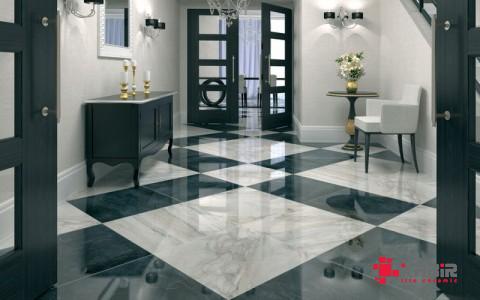
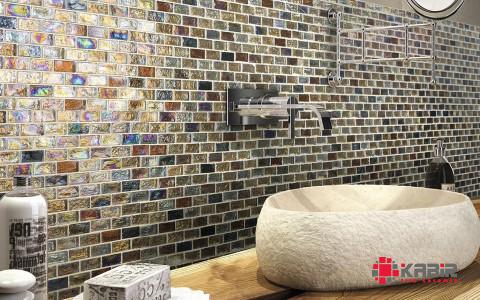
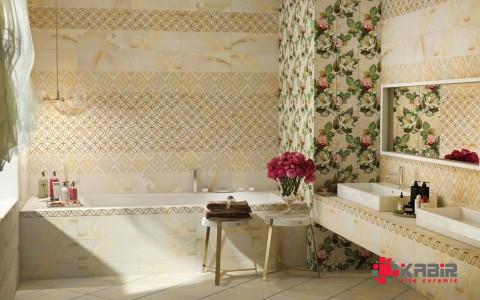
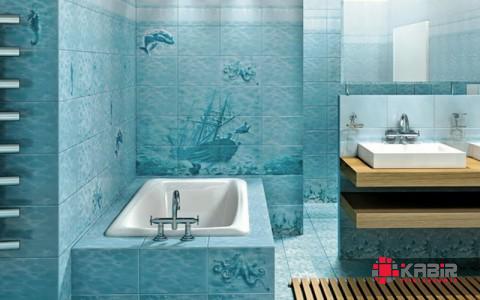
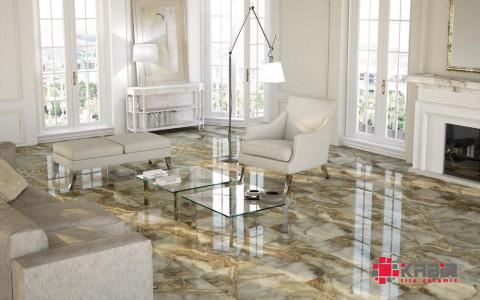
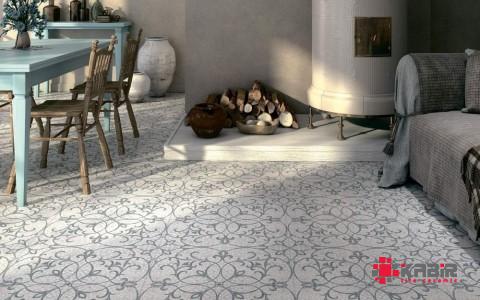

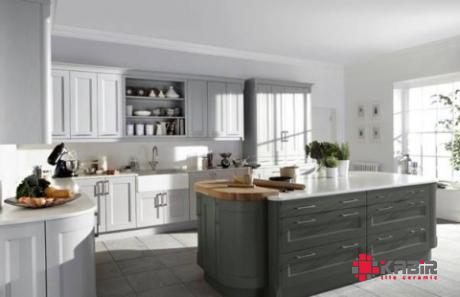
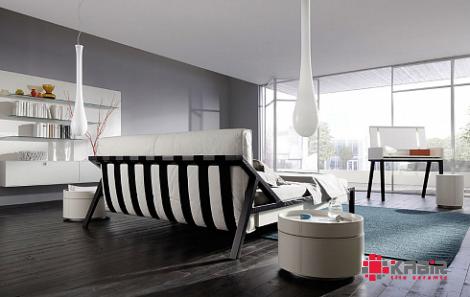
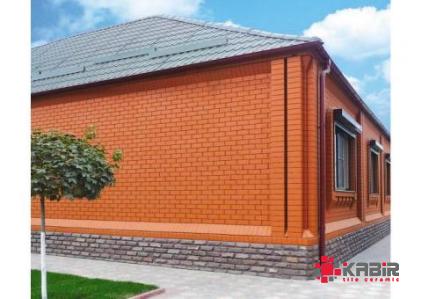
Your comment submitted.